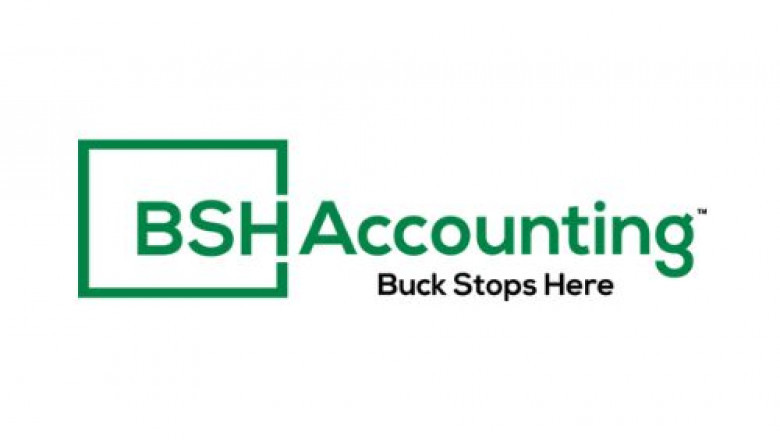views
Managing HR and Payroll may not always feel like the most exciting part of running a business, but ignoring the fine details can cost you—literally. Payroll compliance in the U.S. is regulated by multiple federal and state agencies, and even small mistakes can trigger IRS penalties, interest charges, or even audits.

For business owners and HR professionals, staying on top of payroll rules isn’t optional—it’s essential. Below, we outline five of the most common payroll compliance penalties and how to avoid them.
1. Misclassifying Employees as Independent Contractors
One of the most frequent compliance issues businesses face is incorrectly classifying workers. Misclassifying an employee as an independent contractor can result in owing back taxes, penalties, and interest.
Why it matters: Employees are subject to tax withholding (Social Security, Medicare, income tax), while independent contractors are not. The IRS has specific guidelines, often based on behavioral control, financial control, and the relationship between the parties.
How to avoid it:
-
Use IRS Form SS-8 if unsure about a worker’s status.
-
Consult a qualified tax professional to review contracts and job roles.
-
Regularly review classification as business needs change.
2. Failing to Deposit Employment Taxes on Time
Employers must deposit payroll taxes (Social Security, Medicare, and withheld income tax) on a strict schedule, depending on their payroll frequency and the total tax liability.
Why it matters: Late or missed deposits can trigger the Failure to Deposit Penalty, ranging from 2% to 15% of the unpaid amount, depending on how late the deposit is.
How to avoid it:
-
Understand whether you’re a monthly or semi-weekly depositor.
-
Set calendar reminders or automate deposits through EFTPS (Electronic Federal Tax Payment System).
-
Avoid using withheld taxes for other business expenses—this can lead to Trust Fund Recovery Penalties, which are serious.
3. Incorrectly Calculating Overtime
The Fair Labor Standards Act (FLSA) requires that eligible employees be paid time and a half for any hours worked over 40 in a workweek. Errors in calculating overtime can lead to back wages, penalties, and possible lawsuits.
Why it matters: Non compliance with overtime rules often leads to Department of Labor (DOL) investigations and class-action lawsuits.
How to avoid it:
-
Ensure non-exempt employees are accurately tracked and paid for all hours worked.
-
Use reliable time-tracking tools that integrate with your HR and Payroll system.
-
Train supervisors and managers to understand who qualifies for overtime.
4. Missing W-2 or 1099 Filing Deadlines
Each year, employers must provide Form W-2 to employees and Form 1099-NEC to nonemployees by January 31. Copies must also be filed with the Social Security Administration (W-2) and IRS (1099s) by the same date.
Why it matters: Missing these deadlines results in penalties ranging from $60 to $310 per form, depending on how late the filing is.
How to avoid it:
-
Maintain accurate employee and contractor records throughout the year.
-
Reconcile year-end data early to allow time for corrections.
-
Use payroll software or accounting services that include year-end filing support.
5. Not Keeping Proper Payroll Records
Employers are legally required to retain certain payroll records for specific periods. For instance, wage and hour records under FLSA must be kept for at least three years, and payroll tax records for four years after the due date.
Why it matters: Inadequate records make it harder to defend your business in case of an audit or employee dispute. The lack of documentation is often viewed as noncompliance by the IRS or Department of Labor.
How to avoid it:
-
Use a centralized HR and Payroll system that securely stores all records.
-
Keep documentation related to employee hours, wage rates, tax filings, benefits, and classification.
-
Establish a retention policy and train staff on it.
Final Thoughts
Payroll compliance is complex—but it's manageable with the right systems, expert support, and attention to detail. Mistakes can happen, especially as laws evolve and businesses grow. But the key to avoiding costly penalties is staying informed and seeking guidance when needed.
Whether you’re running a small business or managing a larger operation, your HR and Payroll functions should be handled with the same care you give your customers or products.
At BSH Accounting, we help businesses navigate the complexities of payroll, tax compliance, and employee classification. Our team stays up to date with the latest regulations so you don’t have to.






















Comments
0 comment